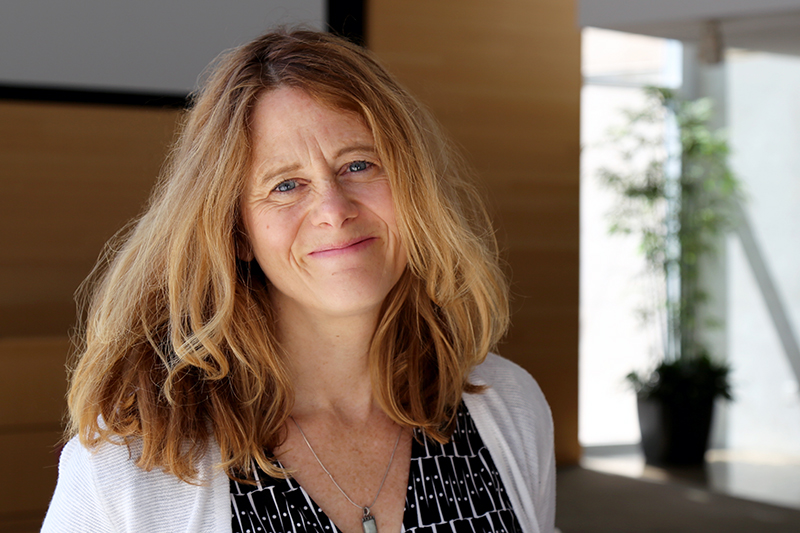This spring semester brings with it the addition of a new course offering: “Immigrant Integration in the United States: Policy, Practice and People.” The class will be co-taught by Jessica Santos, PhD’15, senior research associate at the Institute on Assets and Social Policy, and Susan Eaton, director of the Sillerman Center for the Advancement of Philanthropy. Heller communications interviewed Eaton to learn more about this exciting new opportunity for Heller students.

Tell us about this new course. What content will it cover, and what perspectives will it consider?
The course explores the wide variety of policies and practices that emerge in response to immigration and cultural change in the United States. We will offer a solid grounding in immigration policy at the federal level and its development, but this course focuses mainly on a new and rapidly evolving area of policy and practice: immigrant integration.
Immigrant integration usually plays out at the state and local levels and is concerned with wellbeing, community prosperity and cross-cultural relationship building in the context of demographic change. This course explores a wide variety of sectors that interest Heller students including health, economic wellbeing, education and employment. We look closely at the role of racism, sexism and narratives about what is truly "American" in shaping attitudes and policies in response to immigration.
What inspired you to build this new course offering?
Dr. Santos and I both felt that coverage of "immigration" and immigrant communities in the media focused incessantly upon conflicts and exclusionary efforts that emerge due to demographic change and xenophobia. Understanding the root and nature of these conflicts, fears and violence is vitally important. We will explore this in our class. However, to move forward in a complex, changing society, it is also crucial to understand the constructive policies and practices and the inclusive and welcoming responses in communities and states across the nation.
We must not only know what we are against, but also, precisely what we are for, as our nation continues to change. Each of us have spent time working in, writing about and living in immigrant communities and felt that spreading knowledge and growing understanding about these positive efforts and what sustains them is an effective part of beating back xenophobic impulses in the United States.
What do you hope your students will take away from this class?
Students will be able to use data to describe and analyze needs in demographically changing communities. They will understand how constructs of race and narratives that define what it means to be "American" affect immigration policy and life experiences for members of various immigrant groups in the United States. Students will be able to deeply study at least one community and one immigrant group and will also develop an understanding of the interconnected roles of non-profits, government, corporations, philanthropy, faith communities, and popular culture in shaping attitudes, practice and policy related to immigration.
Ultimately, we hope that this course will give students the tools, depth of knowledge, theoretical frameworks and moral clarity to contribute to public and intellectual debates and discourse related to immigration in the United States.
